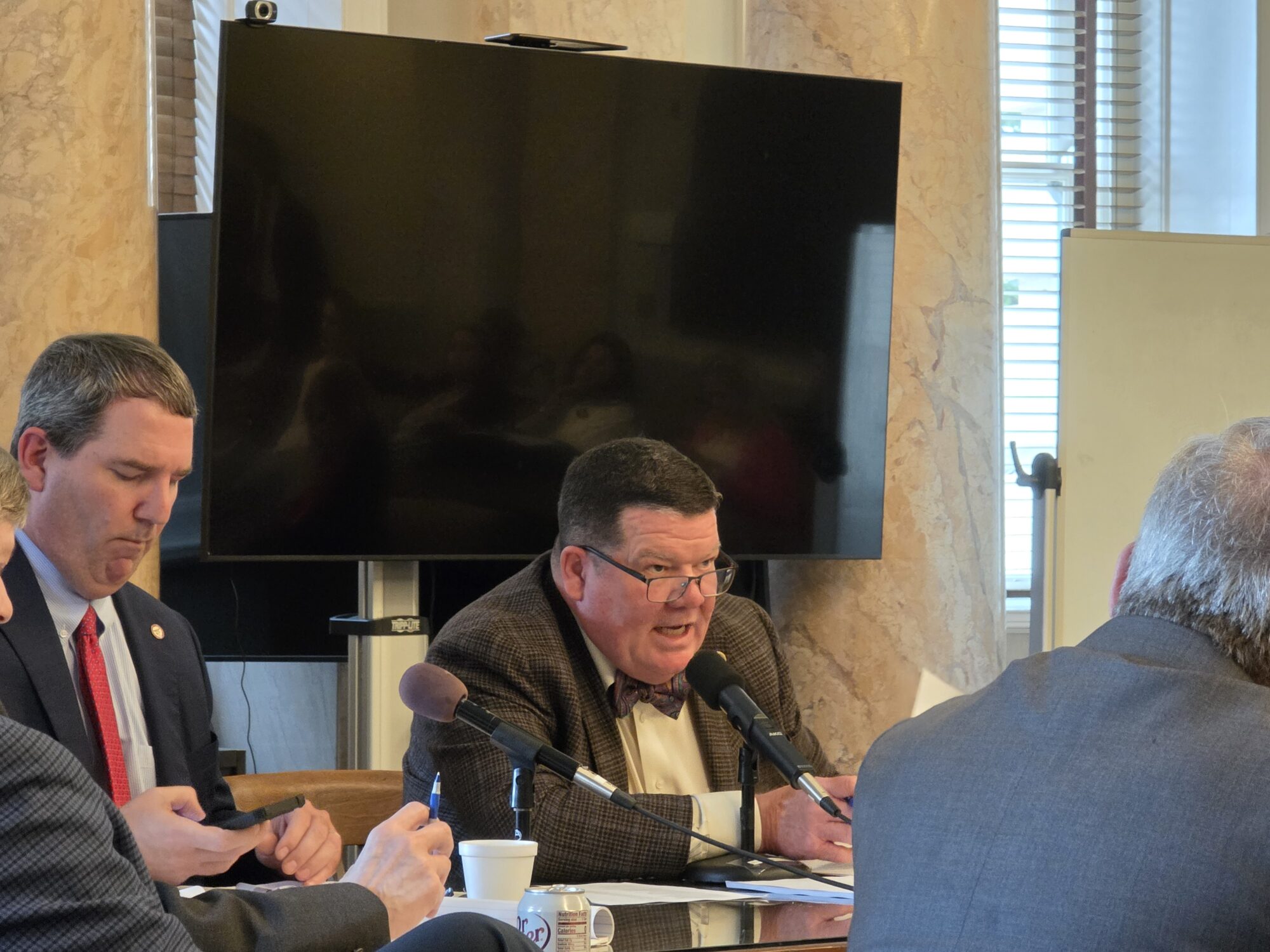Perry – Melton made for good TV
Melton made drug dealers famous. He stalked dangerous neighborhoods and saw the thugs the police were not arresting. He called them by name on television. He put their faces on billboards that said “This Man Sells Drugs.”
Gov. Ronnie Musgrove named him Director of the Bureau of Narcotics. Melton promptly dropped a dragnet around the State Capitol putting up roadblocks and checking drivers’ licenses while the legislature was in session.
After he left MBN, Melton needed some kind of credible law enforcement status. He accepted a badge from the Jefferson Davis County Sheriff as a deputy, or sheriff’s reserve deputy, or honorary deputy sheriff: to Melton, those details were inconsequential. It mattered little that Jackson was sixty miles from his “jurisdiction.”
Melton ran for mayor and defeated the two-term incumbent Harvey Johnson by a two-to-one margin. Johnson was the anti-Melton, the kind of bureaucrat’s dream who would establish a commission to study a strategy to plan options to discuss solutions. Jackson wanted action. Frank Melton delivered.
Mayor Melton became a sort of post-urban superhero. He conducted “knock and talks” at seedy hotels, raided strip clubs and sex stores, patrolled in a mobile command center with armed staff, body armor, and an ever changing crew of young vigilantes more akin to an Old West gang: sometimes legal posse, sometimes lynch mob.
He pulled over school buses to hug children. Calling it an issue “bigger than the Constitution,” he declared war on kids wearing saggy jeans. The ACLU accused Melton, Jackson’s second black mayor, of racial profiling against blacks. To avoid costs and delays, he burned condemned structures choosing to ask forgiveness rather than permission.
Melton traveled on commercial flights: armed. He acquired a U.S. Capitol Police badge so he could walk the Halls of Congress in Washington, DC: armed. He entered a no-contest plea for going to the Mississippi College School of Law: armed.
After beating a state trial and surviving a federal mistrial, Melton faced another round of federal prosecution for allegedly directing and participating in the physical destruction of what he called a crack house.
Melton operated at a hundred miles an hour leaving lawsuits, investigations and indictments in his wake. Unproven rumors and gossip and reported accusations of bribery and intimidation bounced off his armor.
Warrants? Permits? Court orders? Taxes? To Melton, these were just red tape. Rules got in his way; everything was about the bottom line. Melton was the quintessential pragmatist: the ends always justified the means. He was a Wild West frontier boss in the office of a twenty-first century bureaucracy.
Melton’s passion for children led to volunteering with youth organizations, speaking to schools, and pulling children off the street and housing them in his home. Sometimes he called it mentoring. Sometimes he called it protective custody. Sometimes he called it witness protection. Some needed a caring home. Some were under indictment. He impacted thousands of children and they will be his legacy. Maybe some will go to jail; maybe one of them will grow up to be mayor.
Melton collapsed from heart failure 15 minutes before the polls closed on his second campaign and days before his second federal trial. In his mind, he died, undefeated and not guilty.
Brian Perry
The Madison County Journal
5/14/9







